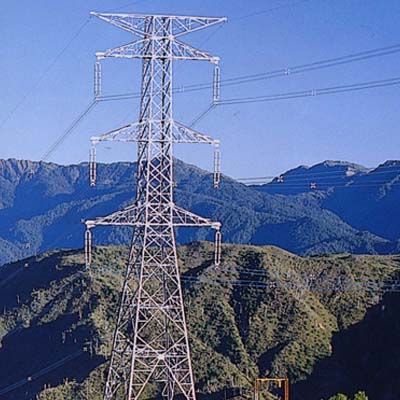Difference between Mechanical and Electrical Engineering

Engineering is a very broad discipline and it mainly revolves around economical, mathematical and social application. Mechanical engineering and electrical engineering are two of the most widely use disciplines of engineering. If you are looking to find the differences between these two disciplines of engineering, you will be glad to know that the steps involved for determining these differences are extremely simple. Technicians are responsible for coming up with solutions to technical problems using scientific and statistical concepts. While engineers share a common knowing of basic technological innovation concepts, the curriculum required to become a professional engineer varies based on the type of technological innovation, such as mechanical, chemical or technical. Learn the differences to decide what engineering degree best suits your needs.
Engineering learners need a thorough knowledge of both technology and mathematics. Students take programs in calculus, advanced calculus, differential equations and statistical methods. Students must also take classes in chemistry and science to be able to learn the basics of engineering technology.
Instructions
-
1
Electrical Engineering
Electrical engineers perform engineering application on electric devices and electronic machines. Equipment that domestic electricians create and sustain consists of engines, scanning and printing machines, energy generation gadgets, communication techniques and computers. Furthermore, electrical and electronic engineers are responsible for providing solutions to problems where signals, frequency and sensors are involved. Electrical engineers must pass the university exams to be recognised as professional engineers. Chartered electrical engineers must have at least 5 years experience for the award.
Electrical Engineering Degree
Electrical technological innovation levels consist of the research of circuit research, electronics, electro-magnetic, solid states, on-line, energy and alerts and communications. Students seeking PC technological innovation levels also take information technology programs.
- Image courtesy: getit.in

-
2
Mechanical Engineering
Mechanical engineers mostly work with mechanical machines including generators, motors, pumps, heat exchanges, absorbers, towers and strippers. Machines that are made by the mechanical engineers are widely used across the world and cover a wide range of applications. Mechanical engineers usually work in the production houses. However, depending on the type of work they are doing, they could be asked to work as a process designer.
Mechanical Engineering Degree
Mechanical professional levels consist of the research of creating mechanical techniques, fluid techniques, thermal techniques, architectural research, fixed and powerful techniques, oscillations and stress research.
- Image courtesy: mechanicalvikash.blogspot.com








